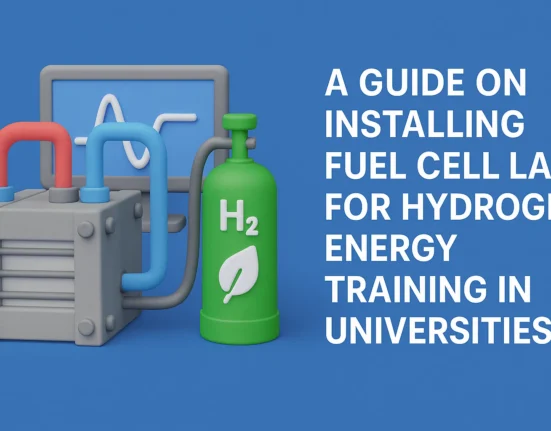Excellent and functional drain — to any homeowner — is an integral part of home comfort. Therefore, a good drain is part of an ideal home. A perfect home is however hard to achieve, especially with partial and a complete blockage. Pundits have contributed bacteria buildup in residential places to malfunctioning drain. This piece explores some of the causes of blocked drains and how to prevent blockage in a residential area.
Causes of blocked drains in residential areas
Blocked drains — especially in residential areas — are a product of many factors. Some of the factors include the following.
Aging drainage pipes
After months and years of use, pipes are prone to disintegration. The disintegration either breaks the pipes or cause blockages. As a homeowner, you should select pipes that have a longer life as opposed to any pipes. Apart from quality pipes, the other reason why old pipes are prone to blockages is the weather conditions over the years.
Kitchen waste
Statistics have shown that kitchen waste is a major contributor to blockages. Although there are different ways to reduce kitchen waste, its hard to minimize blockage over a long period. Oil waste from the kitchen affects drain over the years. This reality explains the reason why hotel kitchens experience high rates of blockage compared to other departments.
Tree roots
Tree roots — especially in older homes — is a major contributor to pipes blockage. Pundits have pointed out that tree roots also affect newer pipe systems. Tree roots affect pipes in the following ways. First, the growth of roots pushes pipes into a different direction against design. Second, tree roots also affect the flow of liquid and therefore leading to blockage.
Poor plumbing
Wrong decisions during plumbing are, without a doubt, the number one reason why homeowners experience blocked drains. Poor decision making such as the pipe sizes, the plumbing design and the quality of pipes cause blocked drains. Therefore, working with a professional plumber — with a good track record — is an important step towards eradicating blocked drains.
How do you prevent blocked drains?
Some of the best ways to prevent blocked drains include the following;
Work with certified plumbers
In a 2017 report on blockage and drainage, bad decisions in plumbing are the number one cause of blocked drains. However, working with a professional Drain Unblocking company is a game-change in the following ways.
- A professional plumber understands which type of pipes are ideal for your home or business. The right decision in selecting pipes goes along way in minimizing blockages.
- A professional is in a better position to design where pipes should pass as opposed to putting pipes near trees. Thirdly, a licensed plumber is in a better place in selecting better pipes in terms of quality.
Change your piping after five years
Changing pipes after some years is vital for your drainage system. Although changing pipes depend on different factors, you should consider the following.
- Changing pipes after five years helps in eliminating kitchen waste tapped in the drainage. Pundits point out that these changes help in minimizing repair costs.
- New pipes come with improved technology and therefore, a better flow of wastewater. Major companies in this niche are continually improving the quality of pipes — thanks to market researches.
Minimize kitchen waste
Minimizing kitchen waste — into the drainage system — is an essential step in achieving a free blocked drain. Fats and oils from the kitchen, for example, play a role in blocking a drainage system. Ensuring that oils and fats do not get into the drainage system — using modern cleaning technology — is vital on a long-term basis. It is, however, important to note that minimizing kitchen waste contributes to only 20% of the solution.





